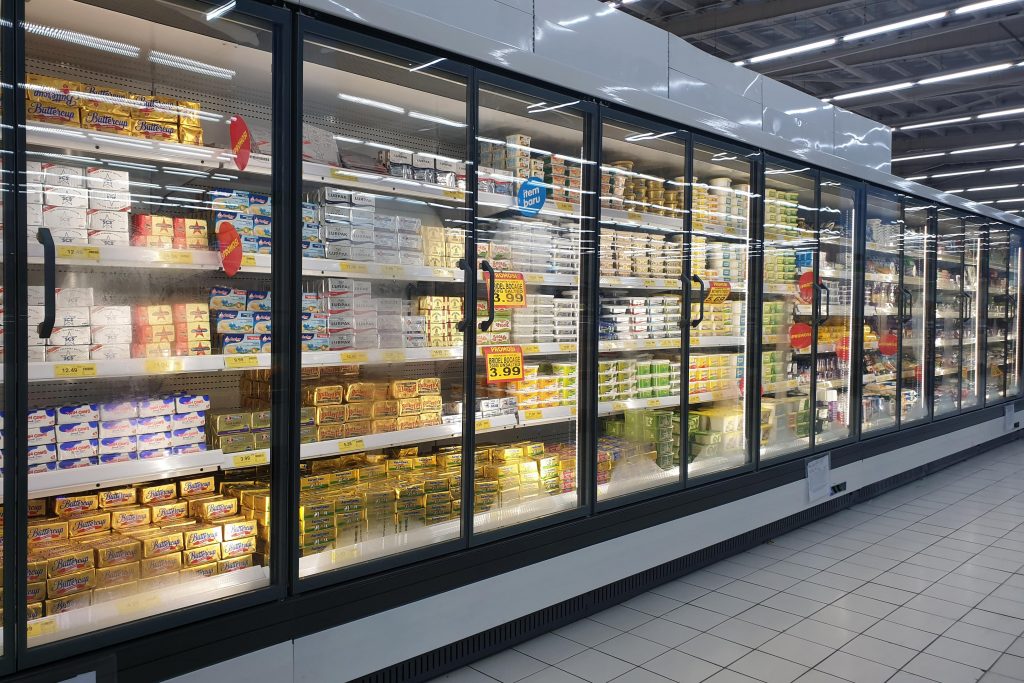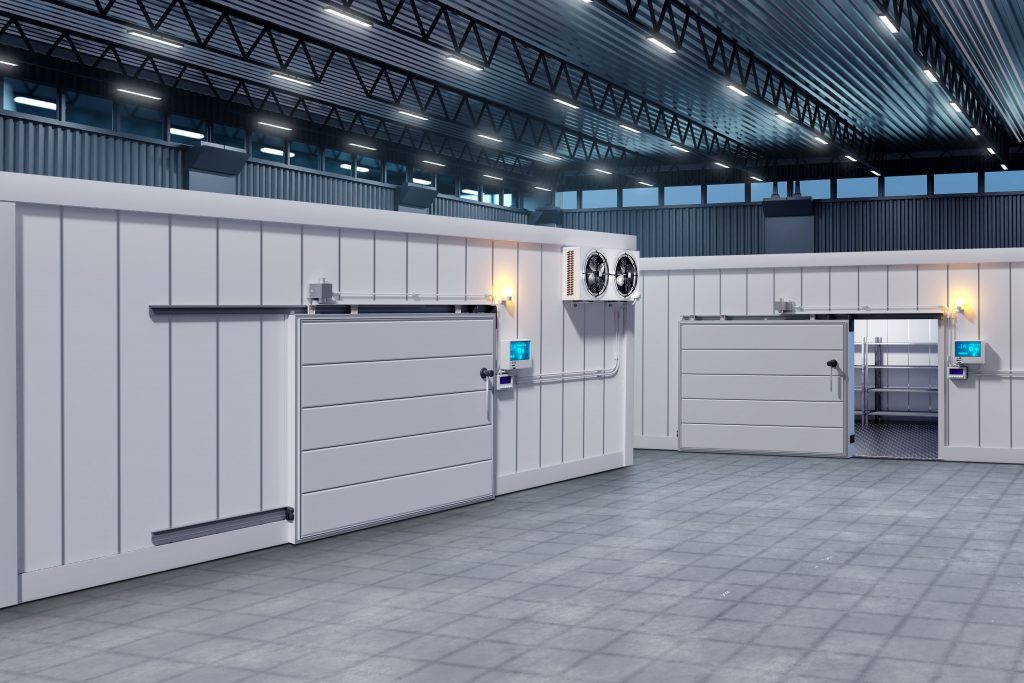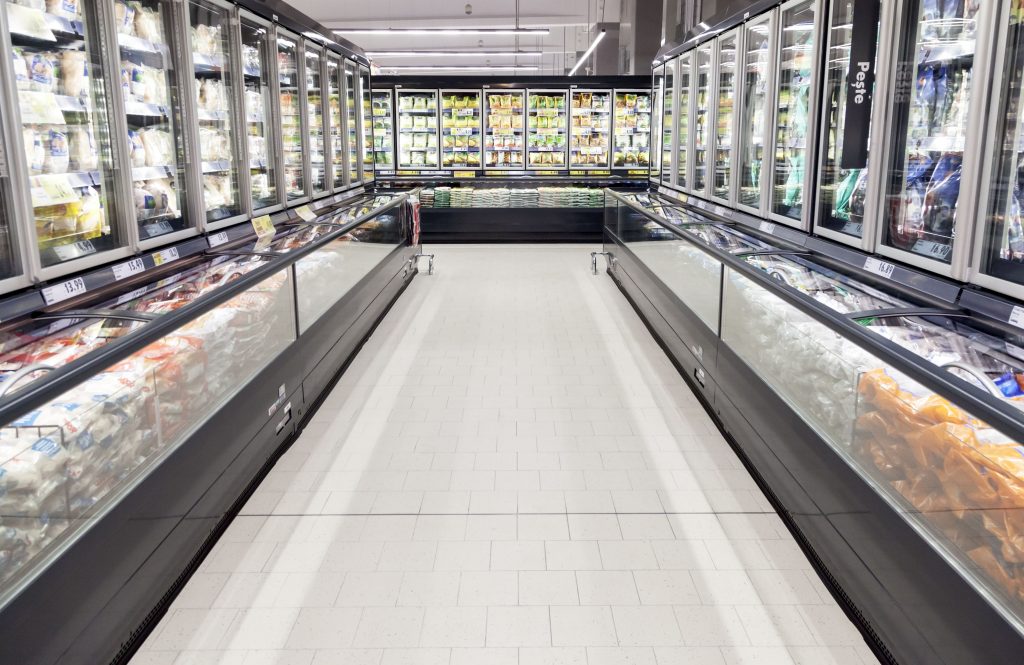Can A Commercial Freezer Be Used As a Refrigerator?

Commercial freezers are specifically designed to maintain much lower temperatures than domestic refrigerators, impacting the freshness and safety of stored food, but can they be used as one? In this blog, we’ll tackle the question head-on and explore whether this unconventional approach to commercial refrigeration is a viable and cost-effective solution for commercial systems dealing with limited space or budget constraints.
Before delving into this concept, it’s essential to consider key factors such as repurposing a commercial freezer. This involves regular temperature checks, thermometer monitoring, cleanliness and strategic food rotation. We’ll guide you through the vital steps to ensure this innovative adaptation is effective and safe.
The Advantages
Energy Efficiency
Designed to maintain temperatures lower than your standard domestic refrigerators, commercial freezers typically operate around -18°C to -23°C. By using a freezer as a refrigerator, commercial systems in hospitality and other related industries can take advantage of this lower temperature range to keep their products cool whilst still being energy efficient as the same amount would be spent on a dedicated space. This can result in significant energy savings over time, especially for businesses that operate 24/7.
Cost Effectiveness
Commercial fridges are generally more expensive than freezers, so repurposing one can be a cost-effective solution for businesses with limited budgets, saving them from additional costs.
The Disadvantages
Temperature Control
Freezers are designed to maintain a consistent temperature range, typically between -18°C to -23°C. However, a fridge requires a higher temperature range, typically between 2°C to 8°C, to keep products fresh without freezing them. Using a freezer as a refrigerator may require businesses to adjust the settings manually or use additional temperature monitoring devices, like a freezer thermostat, to ensure that the internal environment stays within the desired range.
Space Limitations
Due to their larger size compared to refrigerators, using a freezer as a refrigerator in a business setting may require sacrificing some space. Moreover, the distinct interior layout of freezers can pose challenges in effectively organising products.
Safety Concerns
Using a commercial freezer as a refrigerator can also pose some food safety concerns so you must take the right precautions before storing produce and food products long term.
Safety Considerations When Using a Commercial Freezer as a Refrigerator
Temperature Settings
As mentioned earlier, using a commercial freezer as a refrigerator may require you to adjust the temperature settings manually or install either a refrigerator thermostat or a freezer version. Doing this ensures that the temperature stays consistent to prevent products from either spoiling or freezing over.
Food Safety
Food safety is a critical concern when using a freezer as a commercial fridge. You need to be explicit when it comes to food safety. This includes using the proper storage and handling practices, regular cleaning and maintenance, and monitoring for any signs of spoilage or contamination.
Electrical Safety
Using a commercial freezer as a refrigerator may also pose some electrical safety concerns. Make sure that your electrical systems can handle the addition of a freezer being used as a fridge. This also means that you follow all of the safety guidelines and regulations to prevent any electrical hazards in your commercial space.
Maintenance and Cleaning
Regular maintenance and cleaning are essential when using a commercial freezer as a refrigerator. Following the manufacturer’s guidelines for cleaning and maintenance helps you to keep on top of its condition. This can mean doing menial tasks like regularly cleaning it, checking for wear and damage or getting a professional in for servicing or repairs.
Tips for Making the Most of a Commercial Freezer Used as a Refrigerator
If you decide to use a commercial freezer as a refrigerator, there are some tips you can follow to make the most of this option. These include:
Organising the Space
Organising the space effectively is essential when using a freezer as a refrigerator in commercial kitchens. Store the products in a way that maximises the amount of space you have whilst also preventing cross-contamination to ensure quality food safety standards. This could mean acquiring additional storage or food-safe containers.
Using Temperature Monitoring Devices
Using temperature monitoring devices can help commercial systems ensure that the temperature stays within the desired range. This can include digital thermometers or temperature data loggers that provide real-time temperature readings.
Choosing the Right Containers
Choosing the right containers is also essential when using freezers as commercial refrigerators. You need to use containers that are designed for a commercial fridge and can withstand the lower temperature range.
Regular Cleaning and Maintenance
Regular cleaning and maintenance are critical when using a commercial freezer as a refrigerator. Within a commercial kitchen, this not only helps to keep on top of produce but also upholds your food safety ratings whilst ensuring the unit remains effective.
Get Appropriate Refrigeration With Perth Air & Power Solutions
To answer the question of ‘can a commercial freezer be used as a refrigeration? Yes, you can, as it can be a cost-effective and energy-efficient solution for businesses with limited space and budget. However, it’s essential to consider the advantages and disadvantages, safety considerations, and tips for making the most of this option. By choosing the right commercial freezer and following the best practices, businesses can ensure the safety and quality of their refrigerated products while saving money and resources. If you’re interested in learning more about commercial refrigerators and freezers, contact Perth Air & Power Solutions today. We can install and maintain a range of commercial refrigerators and freezers and will work with you to find the best fit for your business’s needs.













